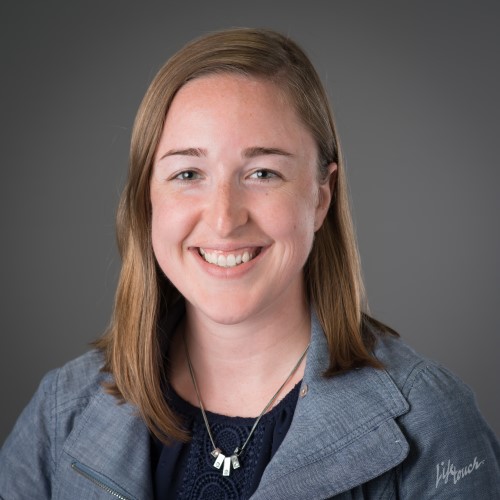Spreading Seeds for Rural Learning
March 01, 2023
Profile: KIM ALEXANDER

In December 2018, the Texas commissioner of education visited Roscoe Collegiate Independent School District in the western part of the state to see firsthand the district’s many workforce-based programs. A month later, at the commissioner’s request, longtime Roscoe superintendent Kim Alexander began Collegiate Edu-Nation, a nonprofit focused on reinvigorating education in rural communities.
“This wasn’t something that was on my radar or list of things to do,” admits Alexander, who was Roscoe’s superintendent for 16 years. “We were just trying to solve a Roscoe problem, but when the commissioner asks you to do something, it’s kind of hard to say no.”
Roscoe had been the state’s first rural school district to be named an Early College High School and the first rural STEM Academy. But Alexander didn’t want to stop at high school graduation, where Roscoe’s college, career and military readiness rates were routinely more than 95 percent at the end of his superintendency.
The Roscoe Model involves the national Pathways in Technology Early College High School (P-Tech) program, where students earn college degrees accompanied by industry-based workforce certifications that regularly lead to high-wage, high-demand jobs.
“One of the caveats of P-Tech is you can support students an additional two years beyond grade 12, so since these students have the associate’s degree once they graduate high school, we use that P-Tech designation to bring college degrees to these rural communities and take the cost of living out of it,” Alexander says. “If we’ll provide high school level support systems for at-risk college students, they can do as well as anybody. It’s all about support.”
These days, the CEO travels throughout Texas and the country to work with small and rural districts to bring awareness to what is possible for students in such communities.
“I have learned that you don’t really get into the nonprofit world if you’re looking to slow down any, so it’s a pretty high-speed chase most days,” says the Roscoe native, who also is heavily engaged in his family’s cattle ranch and was inspired to create a veterinary clinic in the district during his superintendency. “We work closely with the superintendents and their school boards — their ‘team of eight’ — to make sure they understand this is difficult work if you know why you’re doing it, but it’s impossible if you don’t know why you’re doing it.”
His organization’s work caught the attention of the AASA National Commission on Student-Centered, Equity-Focused Education, which named it in 2022 an AASA Learning 2025 Lighthouse designate. At the time, Alexander’s network in Texas reached 17 rural districts. The number has since doubled and expanded to West Virginia.
Being part of Learning 2025, he says, has helped to “showcase and spotlight the innovation going on in some of these rural districts” nationwide and globally.
Craig Rotter, executive director of Texas A&M University’s Texas Rural Leadership Program and CEN board member, says this is just the tip of the iceberg.
“Without Kim and what he did to begin with in Roscoe, and his continuing belief in this becoming a needed reality in rural communities across the state, this would be nonexistent,” Rotter says. “That all has come out of Kim literally existing and caring so much about what needs to happen in rural Texas. So, stay tuned to see where this goes — the influence and the vision of Kim Alexander is something that we really need to get on board with and push forward.
Juli Valentine is a freelance writer in Washington, D.C.
Author
BIO STATS: KIM ALEXANDER
Currently: chief executive officer, Collegiate Edu-Nation, Roscoe, Texas
Previously: superintendent, Roscoe Collegiate Independent School District, Roscoe, Texas
Age: 68
Greatest influence on career: Glen Shinn, my co-chair at Texas A&M University for my doctoral dissertation, which was based upon the use of experiential learning to increase student engagement and learning satisfaction among economically disadvantaged populations.
Best professional day: In May 2019, when Roscoe Collegiate ISD used the P-Tech designation to enable seven disadvantaged students to graduate with the bachelor’s degree through West Texas A&M University by age 20 with zero debt.
Books at bedside: How Great Leaders Think by Lee G. Bolman and Terrence E. Deal and When You Wonder, You’re Learning by Gregg Behr and Ryan Rydzewski
Biggest blooper: The day in January 2010 when we opened a 75 percent finished new building with students surrounded by painters, electricians and carpenters.
Why I’m an AASA member: The network of innovative school leaders surrounding me, as well as AASA’s leadership development opportunities that are second to none.
Advertisement
Advertisement
Advertisement
Advertisement




.png?sfvrsn=2c854cfb_9)